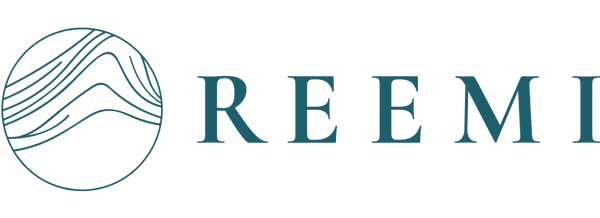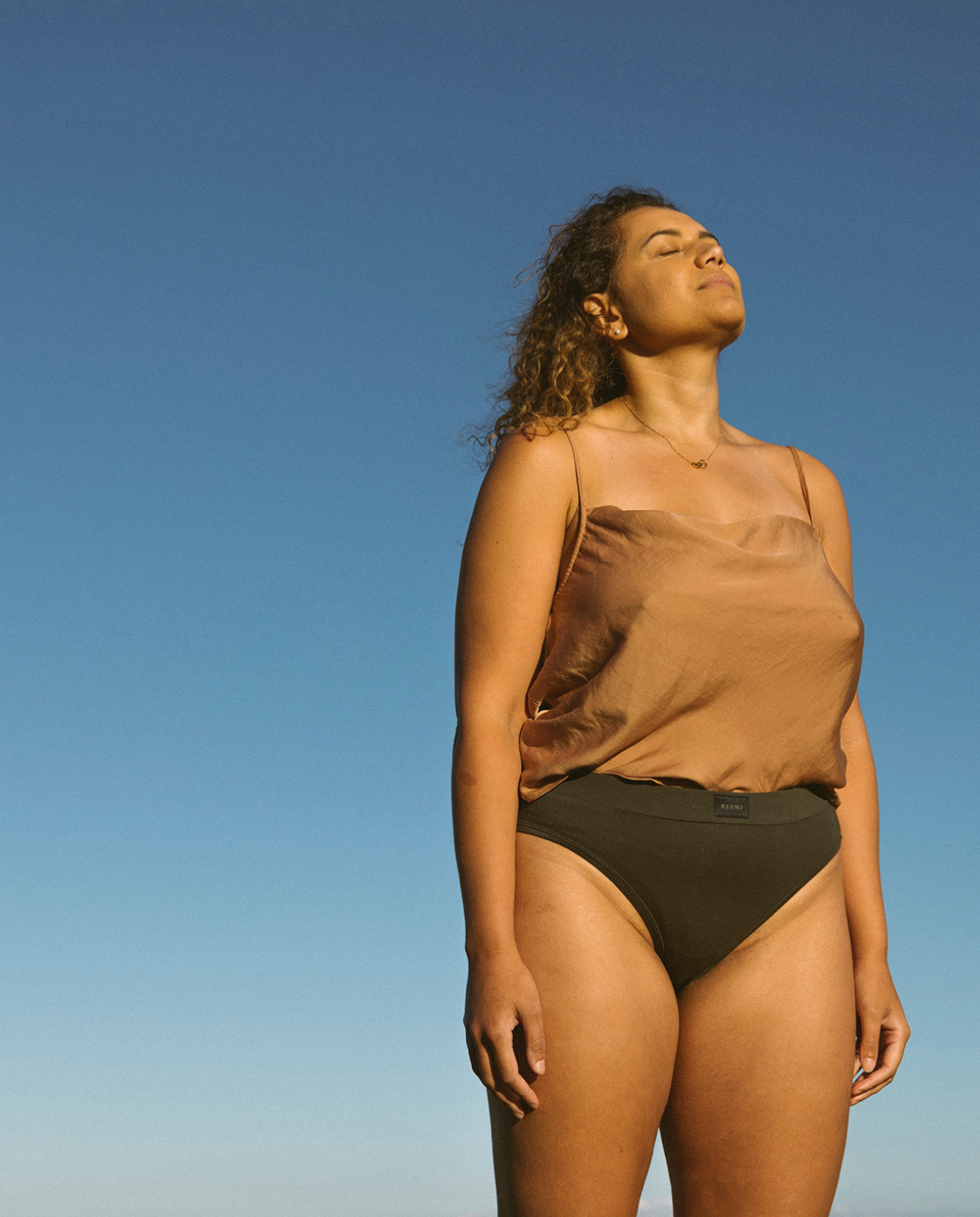
Reemi goes to Europe (part one)
Share
Hello friends of Reemi!
In an absolute whirlwind, after 2 years of being grounded by the pandemic, we were suddenly thrust back into the world of international travel last month! Perhaps you saw some of our trip documented over on Instagram - well, after finally catching our breath we wanted to dive a little deeper with you all. This is the first of a series of posts in which we'll be sharing more about why we went, what's next for Reemi, and hopefully we can give you a bit more of an insight into the complexities and nuances of our work. It's a lot more than just making and selling period underwear!
Reemi’s vision and goal has always been to support MHM (menstrual health management) for the people that need it the most. So it might seem kind of confusing at first to understand why we started with the garment sector.
From the very beginning, it was intentional to work in this sector so that we could position ourselves for scaling. The difficulty of scaling is a known barrier to humanitarian innovations and we wanted to be in the heart of manufacturing, so we could fully understand the processes, connections and the pain points. It also gives us a better insight into demand from a market perspective. If the middle class wants a product, it’s likely that those with less of an income would probably want it too!
Momentum is building for our work in the garment industry. Remember how we distributed to 6,000 garment factory workers in March? We’re now looking at rolling this project out to 4 other factories, and another company has put in a request for us to roll this out to all 10,000 female workers. Insert all of those shocked face emojis (!!!).
And while this is super exciting, we've recognised that it’s time to shift gears and really propel ourselves and our work into even more difficult spaces. Our first course of action has been partnering with World Vision Vanuatu. Right now, we’re piloting work to trial a suite of products we have developed for people with intellectual disabilities, post-disaster. Unfortunately, periods and disabilities both carry their own stigma. So work that focuses on double-stigma, post disaster, is quite possibly the most challenging MHM response we could find. We’ve created products that work for the majority (universal design) and now we are progressing towards more specialised/localised design that, as a result, will help almost everyone. We’re expecting tweaks and iterations and it really brings us back to the idea of intersectionality. If we can design something for someone with the most obstacles to MHM, surely we have created something that will work for people that have less obstacles? So that brings us to Budapest.

Beautiful Budapest at golden hour
Your natural train of thought, I know. Recently, we submitted a piece of our recent research to be shared at the Emergency Environmental Health Forum (EEHF) and we were selected to share a 5 minute recording about our work in Bangladesh. EEHF was being held in Budapest with some of the world’s top humanitarians in WASH (water, sanitation and hygiene). So as part of our strategy to keep moving towards the humanitarian space, it made sense for us to rub shoulders with the smartest people in WASH.

Had to take an elevator selfie, naturally
We’re talking global leads for IOM, UNICEF, London School of Tropical Health and Medicine, Oxfam etc. We were very proud to also see our colleagues at World Vision Vanuatu present two pieces of their research here as well! The forum was so insightful into how WASH operates in the world’s most urgent crises and we really felt we were punching above our weight to be in that room. But we really believe in what we’ve created and how we’ve co-designed our solutions. It affirmed that Reemi’s vision is possible and our solutions are effective, game-changing and in the end, transformative for more people. Occasionally, anxiety can step in the way of these big, scary, audacious goals (and meetings!). But what we are realising is that we can’t be quiet about our effective solutions. We need to be a little louder, so more people can get better access to MHM. If we’ve created something that people like, and it works, why wouldn’t we want people to get access to it?
Part 2 coming next week - stay tuned!

